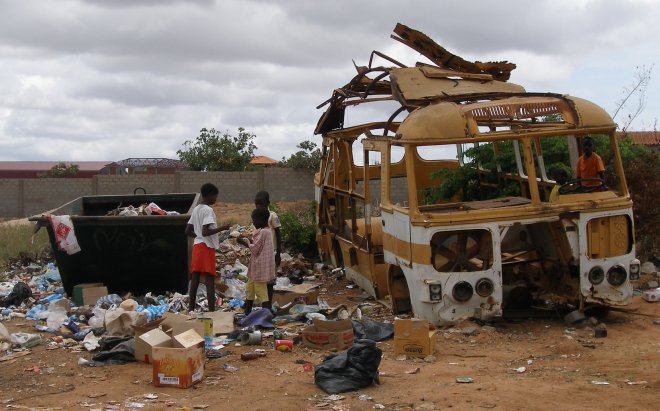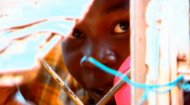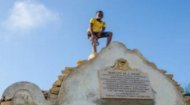|
|
|
Angola Poverty |
Angola Poverty |
Angola Poverty | Angola Poverty |
For information, videos and photos about the country of
Angola, check out our Angola profile pages.
More >
|
|

|
This has been exacerbated by the relentless march of the Chinese into the country eager to exploit its natural resources. As such large dwelling areas have been cleared for office and business development forcing already poor Angolans to displace themselves into either slums or shanties unable to afford the housing prices at places such as Nova Cidade de Kilamba (Kilamba New City) built by the China International Trust and Investment Corporation to rehouse those moved from their homes in the building program in Luanda. A house can be $10,000 a month to rent, a basic meal out for two is easily $50, a hotel room can weigh in at $400 a night and a kilo of imported tomatoes a staggering $16. It is estimated that the 20% of the population with the highest incomes receive 59% of all incomes, whilst the poorest 20% receive only 3%. As former U.N. Secretary General Ban Ki-moon commented, "Angola has great wealth, but it also has large gaps between rich and poor," adding, "the government should do more to strengthen the social fabric by promoting social equity and ensuring a better distribution of income. This is a matter of stability, prosperity and justice." There have been reports that much of this wealth created by the oil industry has gone missing, money that appears to have found its way into the bank accounts of the already rich, not spent on meeting the needs of those living in poverty in Angola. The government has dismissed these allegations citing poor record keeping and accounting, however, The 2019 Transparency International Corruption Perceptions Index gave Angola a score of 26, ranking Angola 146th out of 180 countries, all of the countries ranked lower than Angola could be considered failed states. Poverty is more severe, as expected, in rural areas of the country where few houses have running water or sanitation with most fetching water from unsafe sources. Housing is very basic and access to health services is poor with the highest infant mortality rate in the world. malnutrition is on the rise with 2.4 million people affected and severe malnutrition in Angola affects 85,000 children (2019). Life expectancy is 61.64 years (2021) with subsistence farming being the main livelihood for the majority of Angolan citizens. The video (above) shows the disparities between the rich and poor in Angola. |









